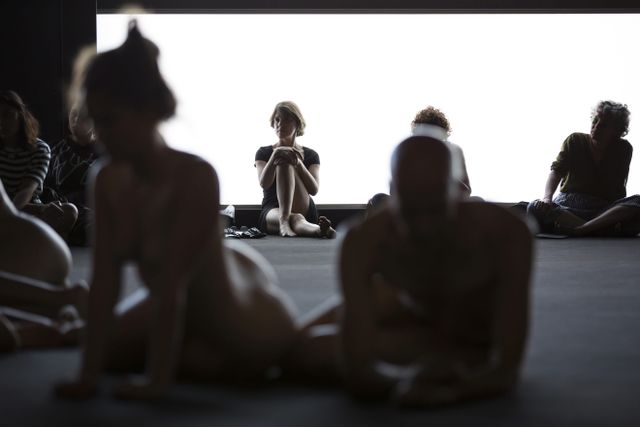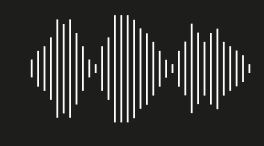Choreography, Research Conversation
In Formation
Sophia Roosth with Maria Chehonadskih and Melody Jue, Xavier Le Roy, Scarlet Yu and performers
How can the process of generalizing particular things and events be understood as part of both knowledge construction and the ethical norms underpinning epistemic practices? And how are these tensions constantly reshaped by actual reality and environmental factors, which escape human control or comprehension? This conversation deals with these questions by thinking through different social milieus and organizational systems, specifically how they rearrange concepts such as the individual, multiple species agency, and the environment.
Philosopher Maria Chehonadskih refers to the work of philosopher Alexander Bogdanov and how he objectifies the labor and relationships that collectives produce. Literary scholar Melody Jue conceptualizes different media as instruments of study and as part of the morphological development of life forms. By referring to sonar technologies used to study humpback whales, she shows how development of organisms plays the role of mediating between discourses about life and technicity. In relation to the notion of life forms, historian of science Sophia Roosth refers to induction as an epistemic mode that considers the development of living beings through their interaction with their environments.
The constant reconfiguration of the Earth situates humans within a constant negotiation concerning the meaning of life and form. Even in the life sciences, one paradigm after the other has transformed the interpretations of what life could be, and constantly reoriented how life has been and is studied in the first place The conversations between historian of Science Sophia Roosth and various contributors attest to this ongoing problematic by demonstrating how the approach one takes toward understanding life has enormous ramifications on what it could be and in what forms it can manifest.

Choreography
During Life Forms, choreographers Xavier Le Roy, Scarlet Yu and a team of performers will transform the space of the event through shaping physical relations and collaborations between each other and their surroundings. The shape of the planet is a constant negotiation between earth processes, human culture and the technologies that they produce. In the tensions they create with one another, transformations abound, recombinant and irreversible. Le Roy’s and Yu’s work questions the dividing lines between human / inhuman, object / subject, transformation / transition / modification. While at first sight it can appear as something external to contemplate, its durational quality transforms it into a landscape in which the audience and participants find themselves, a situation to live, a space where our perception can be faster than the actions; a situation where maybe time can wait. Within this landscape of constantly forming and deforming assemblies of speakers, performers and audience, a situation can be generated where oscillations between recognizable and unrecognizable forms frame research conversations on different approaches to the notion of lifeforms.
Choreography based on Temporary Title, 2015, concept: Xavier Le Roy, collaborator: Scarlet Yu, with Alexandre Achour, Jorge Alencar, Saša Asentić, Christian Bourigault, Sherwood Chen, Christine De Smedt’s, João dos Santos Martins, Ben Evans, Zeina Hanna, Alice Heyward, Becky Hilton, Hélène Iratchet, Neto Machado, Sabine Macher, Julia Rodriguez, Salka Ardal Rosengren
